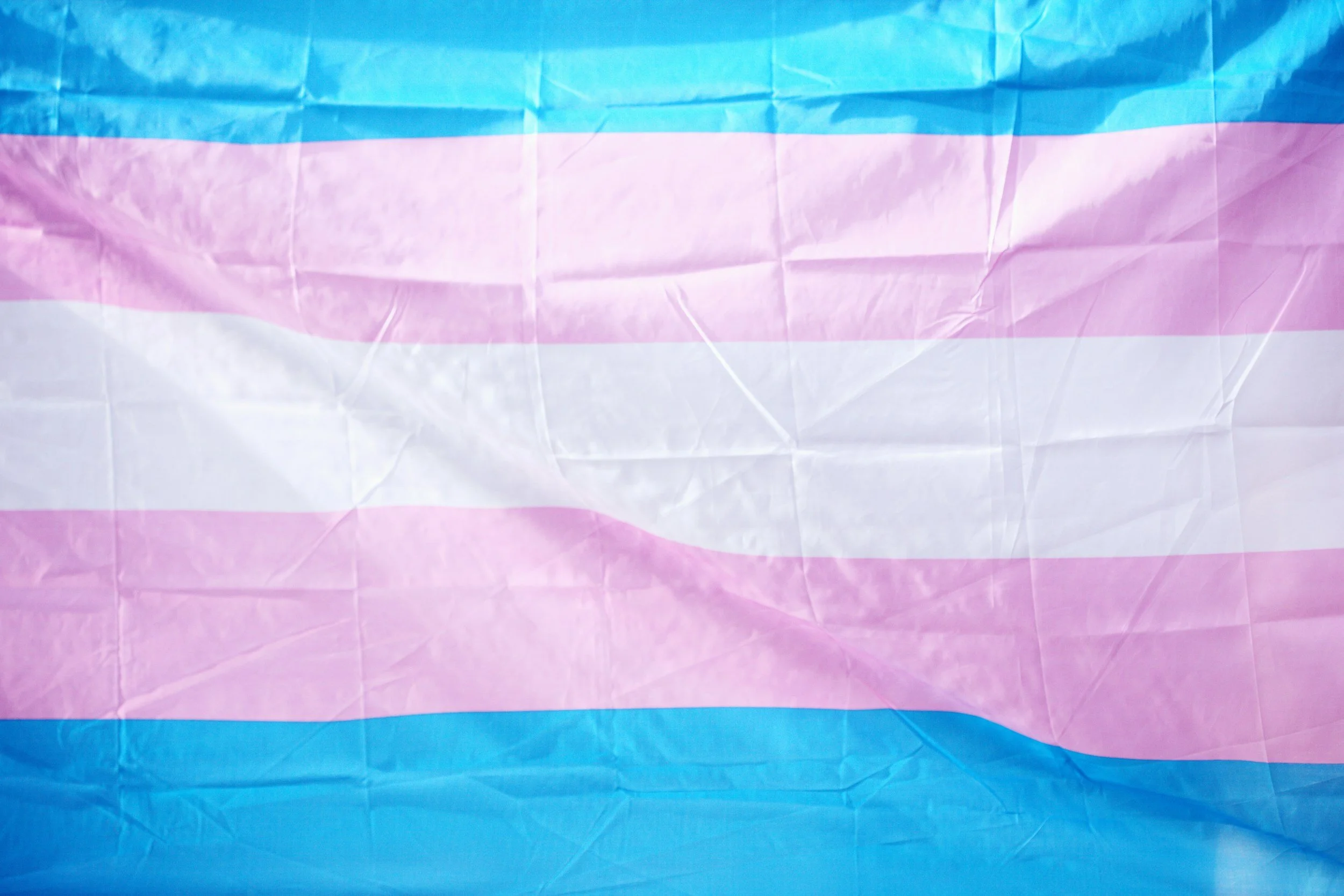Nutrition Q&A: Low-Carb Diets, Fiber, Balancing Hormones, and More
I had so many great questions that I couldn’t stop with the few I answered in last week’s Q&A. Here are a few more for you!
WHAT IS THE DIFFERENCE BETWEEN TRACKING MACROS VS. CALORIES?
Each macronutrient has a caloric value, so the two are very closely related. This means that macronutrients make up your total calorie intake:
1 gram of protein = 4 calories
1 gram of fat = 9 calories
1 gram of carbohydrate = 4 calories
Being in a calorie deficit (consuming fewer calories than you burn) can lead to weight loss, but there are other factors at play when it comes to fat loss. Focusing on specific macronutrient intake (especially eating enough protein!) can help you can help you maintain lean body mass and lose body fat, not just body weight. Counting only calories can absolutely still lead to fat loss if you still prioritize protein and make sure your meals are balanced. Neither method is wrong are both are effective if done correctly.
what is the BENEFIT OF LOW-CARB DIET?
Any diet that works functions by creating a calorie deficit - which is when you are eating fewer calories than you are burning through daily activity. This is the case for keto, paleo, weight watchers, atkins, juice cleanses, alkaline diets, and even tracking macros.
Low-carb diets, specifically the keto diet, cut out major food groups (grains, beans, fruits, anything high in carbs) and focus on consuming mostly fats with moderate protein intake. By eliminating essentially all carbs, you are cutting out lots of calories, which results in weight loss. Low-carb diets are beneficial for those who feel well eating mostly fats and can stick to that diet consistently. Anecdotal evidence has also shown that some individuals may experience more mental clarity and managing hunger, and a low-carb approach can be very beneficial for individuals with certain conditions (epilepsy, PCOS).
If speaking solely about fat loss however, you should follow whatever approach is most sustainable for you. It isn't realistic for everyone to only eat fats and some protein and limit all carbs for a long period of time, and the most important factor of a diet is that it is something you can stick to! So if that is not something you can stick to, it is not going to work long term. Because carbohydrates are our bodies' primary source of energy, this may be the case for anyone who does long distance training or high intensity interval training.
I FEEL PRETTY GOOD ABOUT HITTING MY MACROS BUT STRUGGLE WITH MEETING MY FIBER TARGET. HELP!?
Hitting your fiber target is generally a sign that you’re also getting the micronutrients (vitamins and minerals) you need, so it’s super important! Adding high fiber foods to your diet also keeps you feeling full by increasing the volume of your meals without adding too many extra calories. Sometimes just an extra serving or two of veggies with your meals can help you hit your fiber goal, but here are a few other easy high-fiber foods you can add to your day:
Berries
Bananas, apples, oranges
Leafy green vegetables
Corn
Potatoes
Oats
Brown rice
Whole wheat pasta and bread
Nuts, beans, and legumes
Flax seed (can be easily added to oatmeal or a smoothie)
HOW DO I TRACK MY MACROS WHEN EATING OUT?
I talk about this topic a LOT because I strongly believe that it’s possible to enjoy meals out while tracking macros. That being said, meals out are often higher in calories due to the ingredients and added cooking oils so it’s important to factor these things in. This article gives a little direction into how to plan your day around a meal out.
When it comes to tracking the meal itself, it’s always more accurate to estimate and track the individual components of the meal (i.e. 2 corn tortillas + 100g rice + 50g cheese + 100g beans + 2oz chicken = taco meal), but this can be more time consuming and difficult if you don’t feel familiar estimating portion sizes. Option B is to find a similar entry for your meal from a similar restaurant (i.e. an entry for 2 chicken tacos + side of rice).
The great thing about tracking macros while eating out is that many restaurants now have nutrition information online so chances are high that the restaurant you are going to will have information available and, if not, there will be a similar entry available online or in MFP somewhere.
IS IT IMPORTANT TO WEIGH WHAT YOU EAT?
I believe that everyone should have the experience of weighing and tracking their food at least once. Weighing out portion sizes can be a huge eye opener to what we are actually eating. General portion guidelines are merely estimations, and you’d be surprised at how inaccurate they can be at times! Spending some time weighing out your food helps you identify appropriate portion sizes, which can be an important skill for long term success.
In terms of weighing food versus using volume measurements (cups, tablespoons) or eyeballing portion sizes, weighing will always be more accurate and is highly recommended for anyone tracking their macros with a specific goal in mind.
SHOULD I TRACK NET CARBS OR TOTAL CARBS?
Total carbs - fiber - sugar alcohols = Net carbs
You should always track total carbs as it will give you a better idea of actual intake. Be attentive to packaging that only lists net carbs and make sure that your MFP entries are recording total carbs rather than net carbs!
HOW TO I MANAGE TRACKING WHILE TRAVELING FOR WORK?
Traveling for work while tracking is a little different from the typical travel tips we give for pleasure travel. The reason being is that, if you travel for work, you probably travel often and your goal should be more about finding consistency and routine in your meals as opposed to focusing on finding ways to balance indulgence in your meals.
For those who travel often, I suggest finding an array of on-the-go snacks that can help you meet your goals in between meals. Utilize gas stations and grocery stores where you can (you’d be surprised at how many good options you can find!) and then focus on making the best choices possible when eating out, even though it may not always be the most exciting. Practicing eyeballing weights/volume measurements at home can be immensely helpful for estimating meals out.
WHAT ARE YOUR THOUGHTS ON HORMONES AFFECTING WEIGHT LOSS?
Similar to the thoughts on fat burners, hormones should not be the initial focus if struggling with weight loss. Before you target hormonal imbalance, first address total caloric intake. Are you sure you’re in a calorie deficit? Is it possible that untracked BLTs (bites, licks, and tastes), cheat meals, or “off track” weekends are throwing off your deficit? Are you prioritizing high quality foods or just eating junk? In addition to diet, are you are getting adequate sleep and managing stress levels? These are often overlooked factors that can play a big role in stalled weight loss. If you’re still not seeing desired results hormones may be a culprit. But more often than not, weight loss can be achieved by focusing on the basics before jumping to blood panels and hormone therapy.
There are few things I love more than answering your nutrition questions! Have any more? Send them my way!
Nutrition tips that help simplify your food choices? We got you. Sign up to my weekly email for a bite-sized hit of motivation every Friday. Let’s make reaching your fat loss, health, and performance goals actually feel doable for you.




























